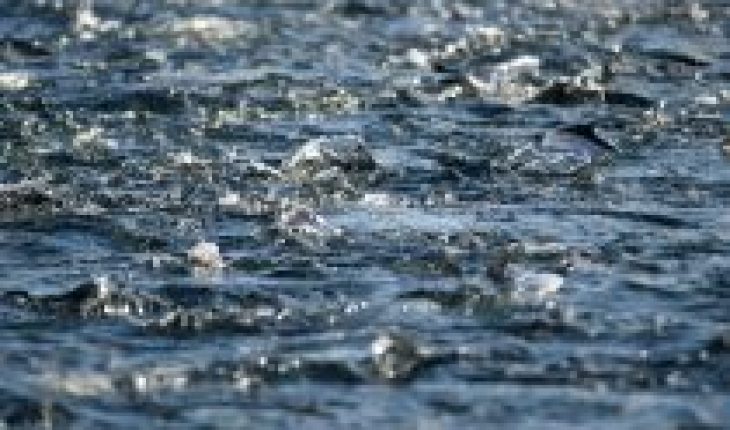Recently, the VI Sustainability Report of SalmonChile was launched, announcing social, health and environmental indicators that reflect the performance of the activity in matters such as the use of antibiotics and chemical products, productivity and certifications. Also, in its latest version, new data were integrated, such as the indicator of collaborators by gender.
This report has been published uninterruptedly for 6 years as part of the policy of transparency and good practices that the salmon farming guild is promoting.
“It is an exercise in transparency and good practices, which shows the progress, challenges and gaps of the sector. The effort to advance in more sustainable indices is remarkable, which is a sign of the real commitment of companies with environmental care and the link with the environment, “said the president of SalmonChile, Arturo Clément.
In this version, the document shows how salmon farming has advanced in its environmental indicators and worked on linking with communities. In 2020 alone, 1,187 actions were generated in conjunction with local social actors, which shows an increase of 5% compared to 2019. Similarly, this document highlights the work carried out in terms of recycling management, managing to reduce 72,000 tons of waste during 2020.
Record decrease in antibiotics
The new report revealed that 2020 was the year in which fewer antibiotics were used, reaching 298 grams per ton harvested, which puts the industry on a very good footing to reach its goal of reducing the use of them by 50% by 2025. To that end, in 2018, SalmonChile and Intesal led an agreement with the international NGO Monterey Bay Aquarium, among other actions, for which successful results are already observed as a result of working together.
Only in 2020, the companies associated with the guild decreased by 15% the use of antibiotics compared to 2019 in a closed cycle (closure of the production of the centers). For the general manager of the Technological Institute of Salmon (Intesal), Esteban Ramírez, the result is the reflection of the work that the sector has done to improve its interaction with the environment.
“Salmon farming has been working for several years on reducing the use of antibiotics and 2020 has shown that the work has paid off. Likewise, this way of working, using science, technology and innovation, applied in all areas, allows results in other areas, such as the decrease in accidents in recent years and in the mortality rate of salmon, “he said.
Intesal is the technical and scientific arm of SalmonChile, so Esteban Ramírez also referred to the reality around the use of antibiotics in the country. “Antibiotics are necessary to fight diseases in people, in agriculture and in the production of any animal protein, and in Chile, unlike other countries that grow salmon, their use responds to the treatment of diseases that only exist here. However, we are making great progress in its reduction through science, technology and innovation,” he said.
When asked about the impact that the use of antibiotics can have on people, the executive emphasized that these are administered under a strict protocol.
“The use of antibiotics is carried out under veterinary and Sernapesca surveillance. Likewise, the sector is subject to very strict safety standards and, therefore, there is no risk to the consumption of the product. This is reflected in the 95% of the export to developed countries, overcoming the strictest controls that exist, “said the general manager of Intesal.
International certifications
Safety is a very important issue for the sector, since salmon, to be exported to more than 100 markets -in any of its presentations- is subjected to exhaustive and rigorous microbiological and chemical analyses that ensure that it is a completely safe product for human consumption.
In addition, production practices are audited and certified. During the past year, 94% of the harvested biomass was certified internationally (BAP – ASC – GAP), representing an increase of 11% compared to 2019. These international certifications investigate a wide set of indicators, seeking to ensure that production is carried out under the best social and environmental standards.
“Foreign markets are increasingly demanding and it is necessary that the vast majority of the prodThe students of our country are certified by the different international standards. Since 2013, certification percentages as high as those of 2020 were not shown,” concluded the president of SalmonChile, Arturo Clément.
Salmon Farming Report Reveals Drastic Drop in Antibiotic Use
November 18, 2021 |





